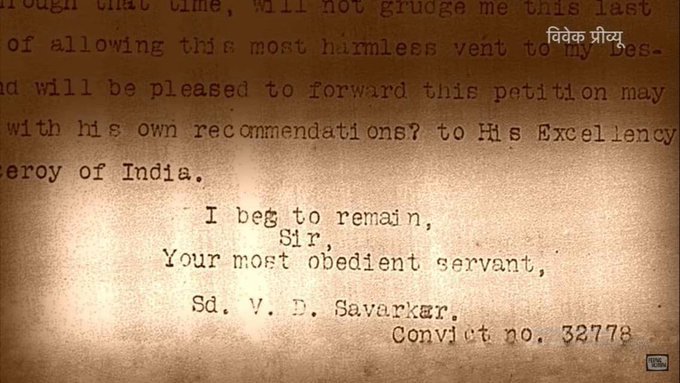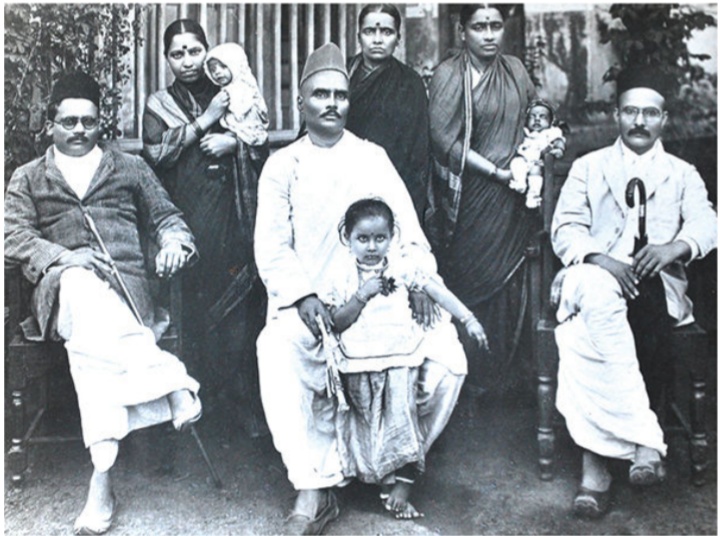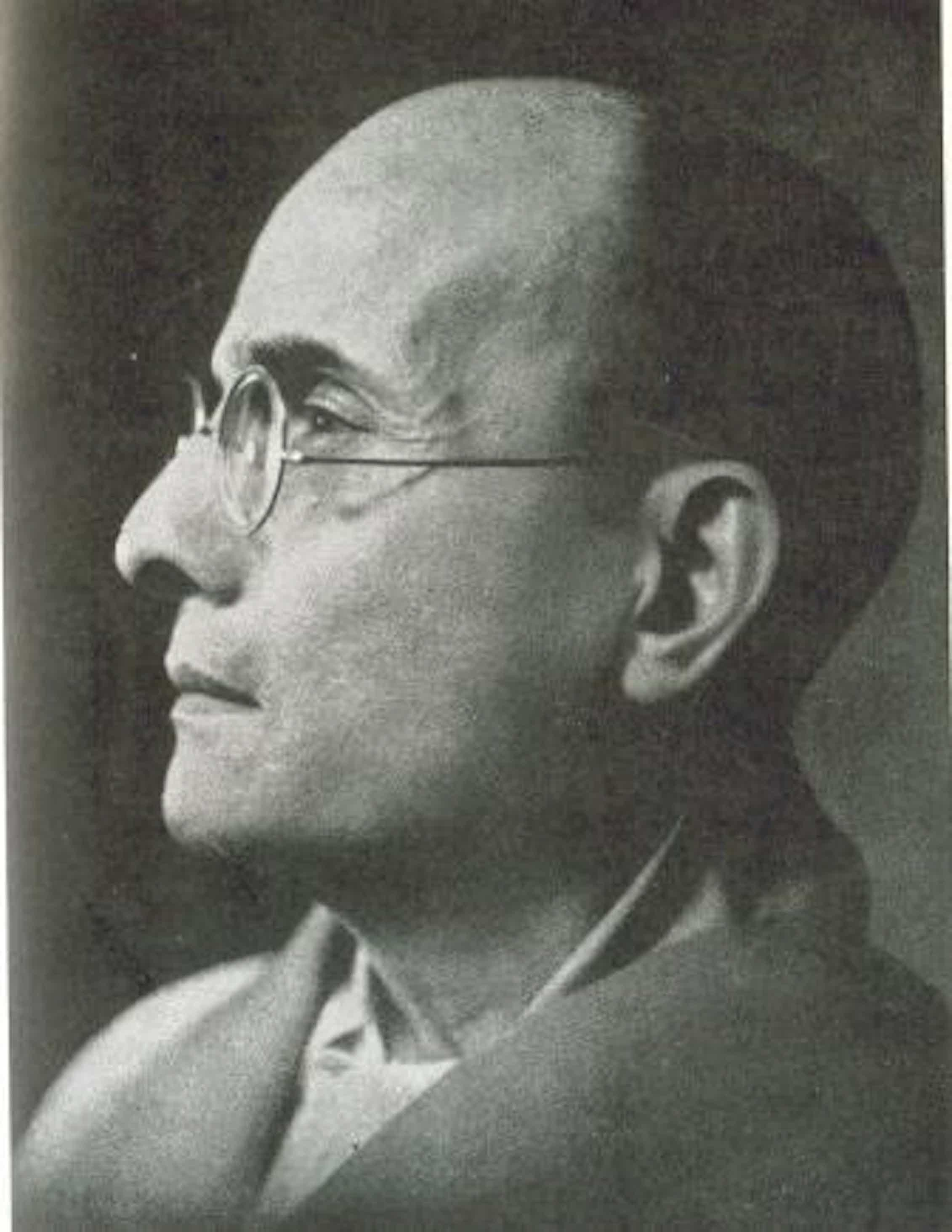Savarkar, Vinayak Damodar, 1883-1966
Enlarge text Shrink text- Gomantaka, 1924:t.p. (Maharashtrabhata)
- Pakistan, 1940.
- Hindu rashtra darshan, 1949:t.p. (Swatantryaveer V.D. Savarkar)
- In the High Court of Judicature of the Province of East Punjab at Simla ... Mahatma Gandhi murder case, 1949:vol. II, p. ii, etc. (Vinayak D. Savarkar, Veer Savarkar) vol. II, p. 172 (Vinayak D. Savarkar, Vinayak Damodar Savarkar; aged 66) vol. II, p. 174 (V.D. Savarkar; statement dated Nov. 20, 1948)
- Marathi sahitya-darsana, 1959-1963:v. 12, t.p. [1963] (Vi. Da. Savarakara)
- Sonapataki, M. Daryapara, 1980? (subj.)p. 2 (Vinayaka Damodara Savarakara)
Vinayak Damodar Savarkar (28 May 1883 – 26 February 1966) was an Indian politician, activist and writer. Savarkar developed the Hindu nationalist political ideology of Hindutva while confined at Ratnagiri in 1922. He was a leading figure in the Hindu Mahasabha. The prefix "Veer" (meaning 'brave') has been applied to his name by his followers. Savarkar began his political activities as a high school student and continued to do so at Fergusson College in Pune. He and his brother founded a secret society called Abhinav Bharat Society. When he went to the United Kingdom for his law studies, he involved himself with organizations such as India House and the Free India Society. He also published books advocating complete Indian independence by revolutionary means. One of the books he published called The Indian War of Independence about the Indian Rebellion of 1857 was banned by the British colonial authorities. In 1910, Savarkar was arrested by the British government and was ordered to be extradited to India for his connections with India House. On the voyage back to India, Savarkar staged an attempt to escape from the steamship SS Morea and seek asylum in France while the ship was docked in the port of Marseille. The French port officials, however, handed him back to the British government. On return to India, Savarkar was sentenced to life terms of imprisonment totalling fifty years and was moved to the Cellular Jail in the Andaman and Nicobar Islands. He was released in 1924 by the British officials after he wrote a series of mercy petitions to the British. He virtually stopped any criticism of the British regime after he was released from jail. After being released from his restriction to Ratnagiri district in 1937, Savarkar started traveling widely, becoming a forceful orator and writer, advocating Hindu political and social unity. In his Ahmedabad addressal, he supported Two-nation theory. The Hindu Mahasabha under Savarkar's leadership endorsed the idea of India as a Hindu Rashtra (Hindu Nation). In 1939, the ruling Indian National Congress resigned en masse over Britain declaring India a belligerent in World War II. The Hindu Mahasabha under Savarkar formed alliances with the Muslim League and other non-Congress parties to form government in many states. Subsequently, Congress under Gandhi's leadership launched the Quit India Movement; Savarkar boycotted the movement, writing a letter titled "Stick to your Posts" and recruiting Indians for the British war effort. In 1948, Savarkar was charged as a co-conspirator in the assassination of Mahatma Gandhi; he was acquitted by the court for lack of evidence.
Read more on Wikipedia >
 Personality
Personality










